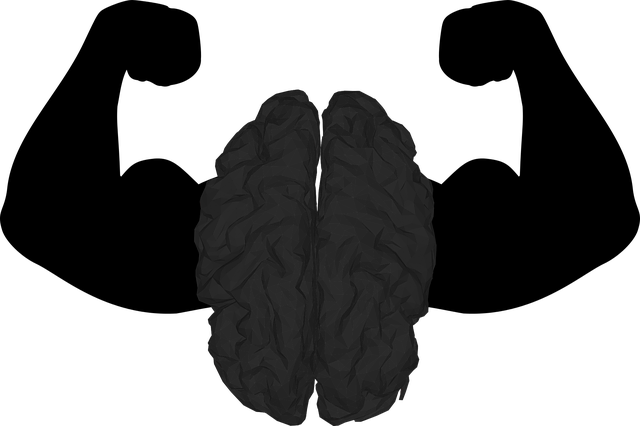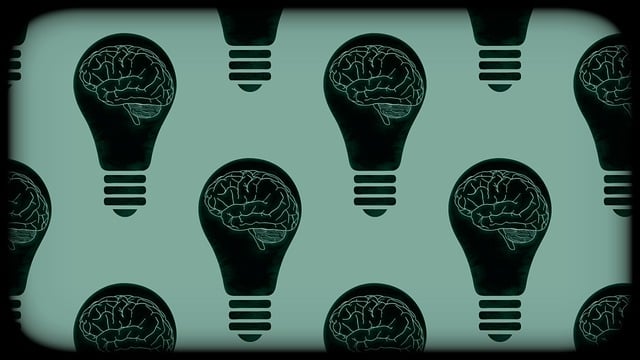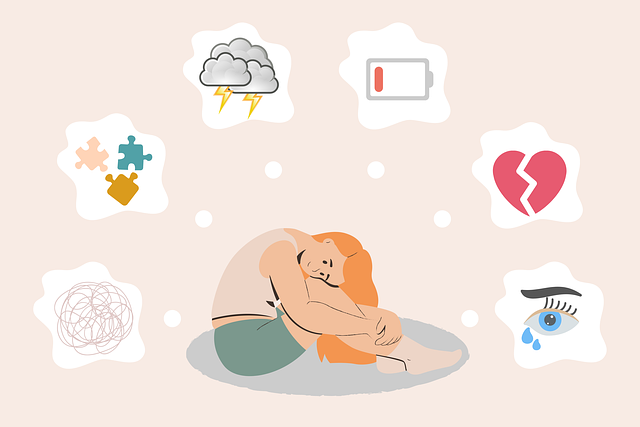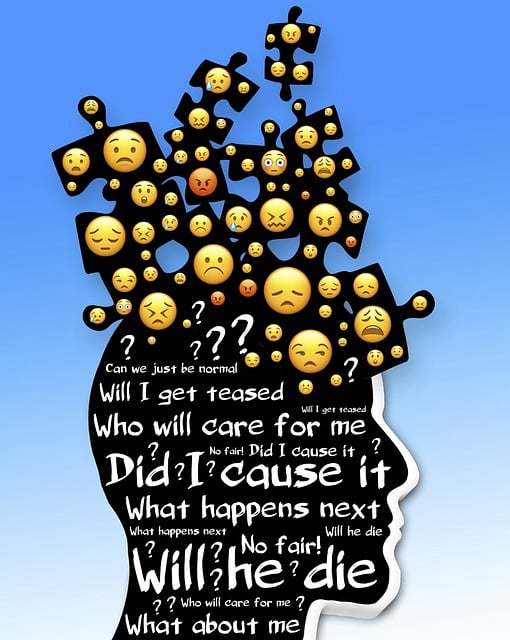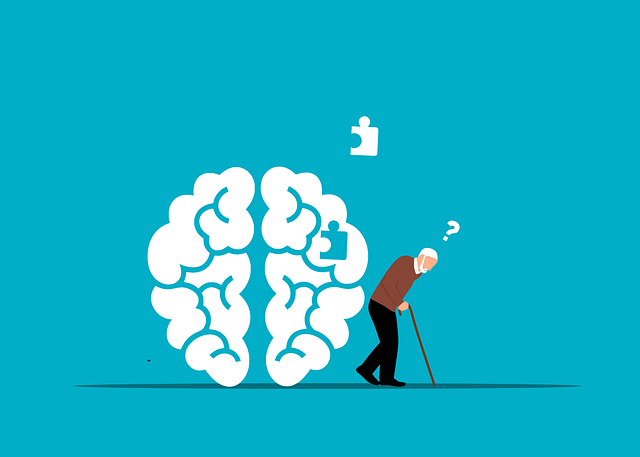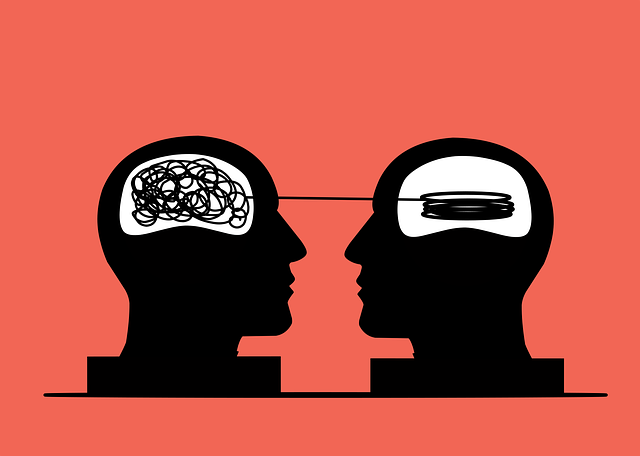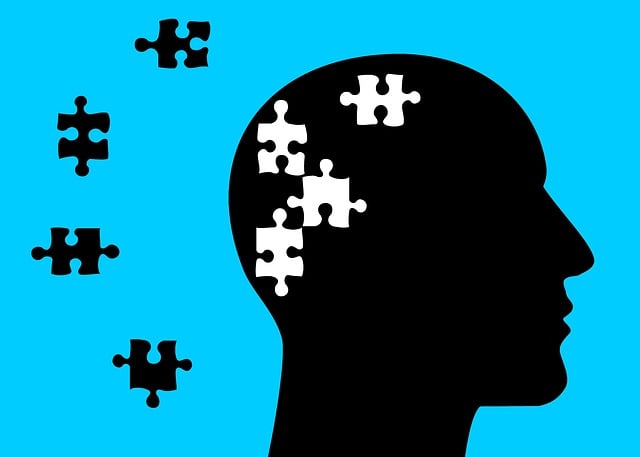Boulder Chronic Illness Therapy (BCIT) tackles mental health stigma through education, offering tailored programs for diverse communities and needs. They combine individual coaching with group learning, focusing on stress management, emotional resilience, and cultural sensitivity. BCIT's multi-faceted approach includes outreach, awareness campaigns, interactive workshops, and continuous evaluation, ensuring their programs empower individuals to maintain and improve their mental well-being.
“Unveiling mental health’s intricate landscape is the first step towards fostering well-being. This article explores the meticulous design of an educational program aimed at breaking down stigma and misconceptions, particularly relevant in addressing chronic illness challenges at Boulder Chronic Illness Therapy. We delve into tailored strategies for diverse audiences, setting clear learning objectives, and crafting engaging content. Additionally, we present implementation and evaluation methods to ensure impactful outcomes, offering a comprehensive guide for effective mental health education.”
- Understanding Mental Health: Breaking Down Stigma and Misconceptions
- Identifying Target Audiences: Customizing the Program for Different Groups
- Setting Clear Learning Objectives: Defining Success and Outcomes
- Structuring Engaging Content: Topics, Activities, and Interactive Elements
- Implementing and Evaluating: Strategies for Delivery and Measuring Impact at Boulder Chronic Illness Therapy
Understanding Mental Health: Breaking Down Stigma and Misconceptions

Mental health is a vital aspect of overall well-being, yet it’s often misunderstood and surrounded by stigma. Breaking down these misconceptions is crucial for fostering an environment where individuals feel comfortable seeking support and treatment. The first step towards improvement lies in education—dispel myths and provide accurate information about mental health to empower people to take charge of their cognitive and emotional states. This involves simplifying complex topics, encouraging open conversations, and normalizing the idea that mental health challenges are common and treatable, just like physical ailments.
In Boulder Chronic Illness Therapy, we recognize that addressing mental health requires a multifaceted approach. Our community outreach program implementation includes public awareness campaigns development to educate residents about anxiety relief strategies and available resources. By reaching out to diverse communities, we aim to ensure that everyone has access to accurate information, thereby reducing the stigma associated with seeking help for mental health issues. These initiatives are steps towards creating a supportive network where individuals can openly discuss their experiences without fear of judgment.
Identifying Target Audiences: Customizing the Program for Different Groups

When designing a mental health education program like Boulder Chronic Illness Therapy’s offerings, identifying target audiences is a crucial step in ensuring effectiveness and engagement. Different groups, such as students, working professionals, or individuals dealing with specific chronic conditions, have distinct needs and learning styles. Customizing the program to cater to these variations can significantly enhance its impact. For instance, a mindfulness meditation workshop tailored for students might focus on stress management techniques to improve academic performance, while a similar session designed for employees could address burnout prevention strategies in demanding work environments.
By considering age, occupation, and unique challenges like chronic illnesses (e.g., managing mood disorders), educators can create relevant and accessible content. Incorporating interactive elements, case studies, or peer support sessions tailored to each group fosters a sense of community and encourages active participation. This personalized approach not only improves knowledge retention but also enables individuals to apply learned skills in their everyday lives, promoting better mental well-being.
Setting Clear Learning Objectives: Defining Success and Outcomes

In designing a mental health education program, setting clear learning objectives is paramount to ensuring success and measurable outcomes. Each lesson should be crafted with specific goals in mind, focusing on empowering participants with practical skills for managing their mental well-being. For instance, at Boulder Chronic Illness Therapy, we’ve found that defining success involves equipping individuals with strategies for stress reduction, effective communication, and enhanced emotional resilience. By setting objectives around mindfulness meditation techniques, mood management strategies, and self-care practices, the program provides tangible tools that participants can immediately integrate into their daily lives.
Outcomes evaluation should be a continuous process, allowing for adjustments as needed. Regular assessments help gauge participants’ progress in adopting healthy mental habits. Incorporating both qualitative and quantitative metrics, such as pre-post surveys and interactive exercises, enables a comprehensive understanding of the program’s impact. This data-driven approach ensures that the education remains relevant and effective, ultimately fostering a supportive environment where individuals can thrive and maintain their mental health.
Structuring Engaging Content: Topics, Activities, and Interactive Elements

Effective mental health education programs are meticulously crafted to engage participants through a structured yet dynamic curriculum. When designing content for such initiatives, it’s crucial to balance theoretical knowledge with practical application. Topics should encompass a broad range of mental wellness aspects, including stress management, anxiety relief, burnout prevention, and crisis intervention guidance, as these issues resonate deeply with many individuals. For instance, incorporating case studies from real-life scenarios in Boulder Chronic Illness Therapy can make abstract concepts tangible and relatable.
Activities play a pivotal role in enhancing learning outcomes. Interactive elements like role-playing exercises, group discussions, and mindful meditation sessions not only break the monotony of traditional lectures but also foster a sense of community and shared understanding. By engaging participants actively, these activities empower them to apply learned strategies effectively. For example, crisis intervention workshops can equip individuals with vital skills to support peers during moments of distress, fostering a culture of empathy and resilience within communities.
Implementing and Evaluating: Strategies for Delivery and Measuring Impact at Boulder Chronic Illness Therapy

Implementing and evaluating mental health education programs is a multifaceted process, especially in diverse settings like Boulder Chronic Illness Therapy (BCIT). BCIT has successfully designed and delivered programs that cater to the unique needs of its community, focusing on both individual therapeutic interventions and group-based learning. The former includes one-on-one mental wellness coaching programs development tailored to address specific challenges, while the latter encourages peer support and cultural sensitivity in mental healthcare practice.
Evaluation at BCIT involves a comprehensive approach, measuring the impact through qualitative and quantitative methods. This strategy ensures that programs effectively enhance emotional regulation and overall mental wellness. By assessing participant satisfaction, clinical outcomes, and changes in behavioral patterns, BCIT can continuously improve its offerings, ensuring they remain relevant and impactful. This iterative process allows for a dynamic learning environment where both clients and therapists benefit from tailored, evidence-based practices.
Mental health education programs, like those designed by Boulder Chronic Illness Therapy, are pivotal in fostering understanding and breaking down stigma. By tailoring content for diverse audiences and setting clear objectives, these programs can effectively address misconceptions. Engaging structures that incorporate interactive elements ensure impactful learning. Implementing these strategies not only educates but also empowers individuals to navigate their mental health journeys with enhanced awareness and support, ultimately revolutionizing community wellness in Boulder and beyond.


